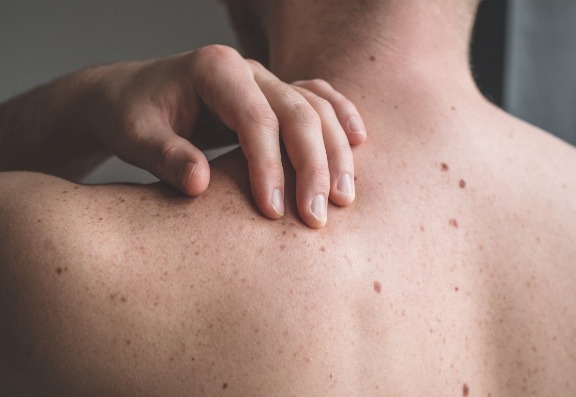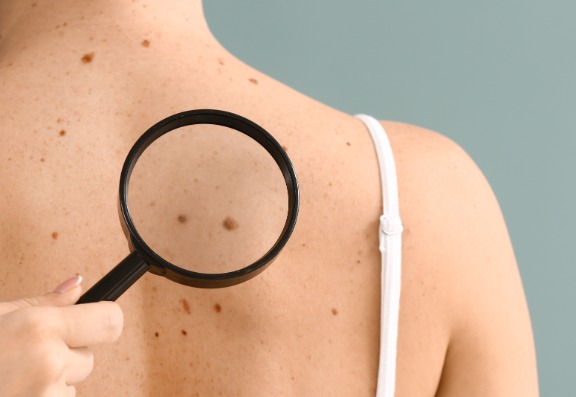

If you want to read more, the experts at Consulting Room really know what they're talking about and have put together some moles, warts, skin tags and benign growths, SPF, Pigmentation and scarring FAQs just for you.
If you have more questions, you can use the moles, warts, skin tags and benign growths, SPF, Pigmentation and scarring questions feature to talk to our panel of trained medical experts.
If you're keen to get started with any of these treatments right away then you're in luck - those clever folks also have a list of trusted, accredited Moles, warts, skin tags and benign growths, SPF, Pigmentation and scarring clinics in your area.
Loved by Victoria Beckham and Kim Kardashian, BBL HEROic™ is now available at Dr Nina Bal’s clinic for anyone ready to upgrade their skin.
Croma’s latest range brings professional in-clinic results into your everyday routine. Clean, vegan, and packed with powerhouse ingredients, these products are designed to hydrate, brighten, protect, and fight early signs of ageing.
We ask an expert skin doctor: ‘What are the benefits of LED therapy, and is it worth the investment?’
Hey, wait!
Before you go.....
Let's stay in touch, pop your details here and we'll send our editor's hand-picked updates on your fave subjects.